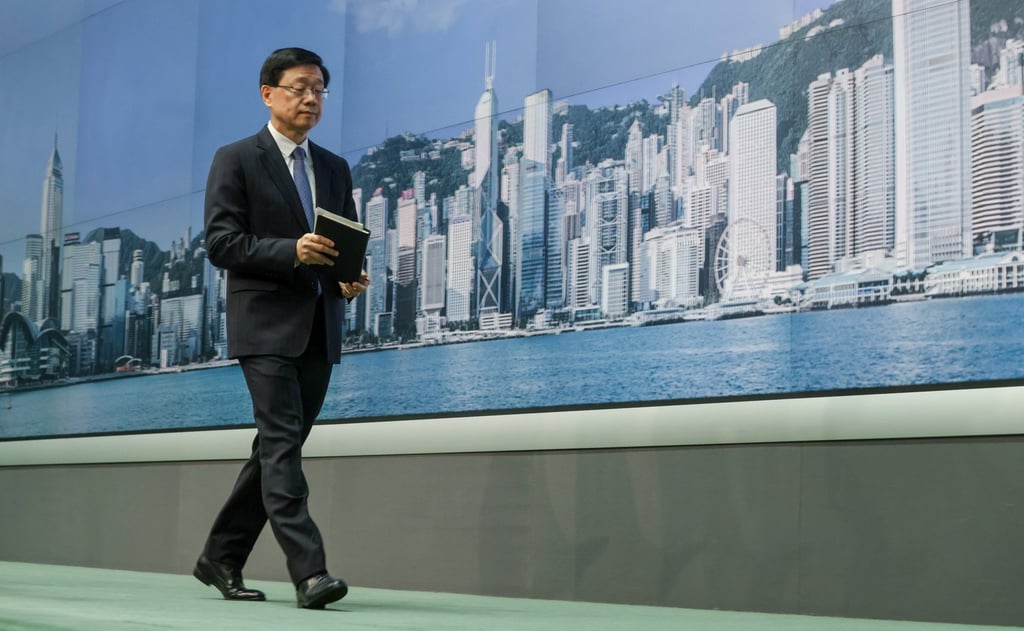Editorial | Revamp of district councils has to put Hong Kong back on track
- Loyalists in control of previously fully elected bodies must also reflect the views of the public when dealing with local issues

If a revamp of district councils is one of the final efforts by Beijing to put Hong Kong back on the right track, it must surely leave no room for political mistakes. While the cautious approach – including turning most directly elected seats into those filled by appointees and local allies, and handpicking top civil servants as chairmen – may ensure friction is kept to a minimum in district management, it also raises concern as to whether the views of the public can be truly reflected.
Only 88 of the 470 seats, or less than 20 per cent, are to be elected by popular vote. The remainder will either be appointed or picked by 2,490 members of three district committees filled by pro-Beijing loyalists.
In addition to candidates being vetted, those opting for directly elected seats will have to secure nominations from the public and the district committees, and canvass for votes in a much larger constituency. A new monitoring and punishment mechanism for members’ performances will also be introduced.
The shake-up is seen by some as a retrograde step, not just because it resembles the British colonial system half a century ago. It also gives the government greater control over council operations under the so-called executive-led principle, with the 18 councils to be led by a top administrative officer, in a move said to enhance accountability.

The chief secretary for administration and his deputy will also play a greater role in supervising district governance.
